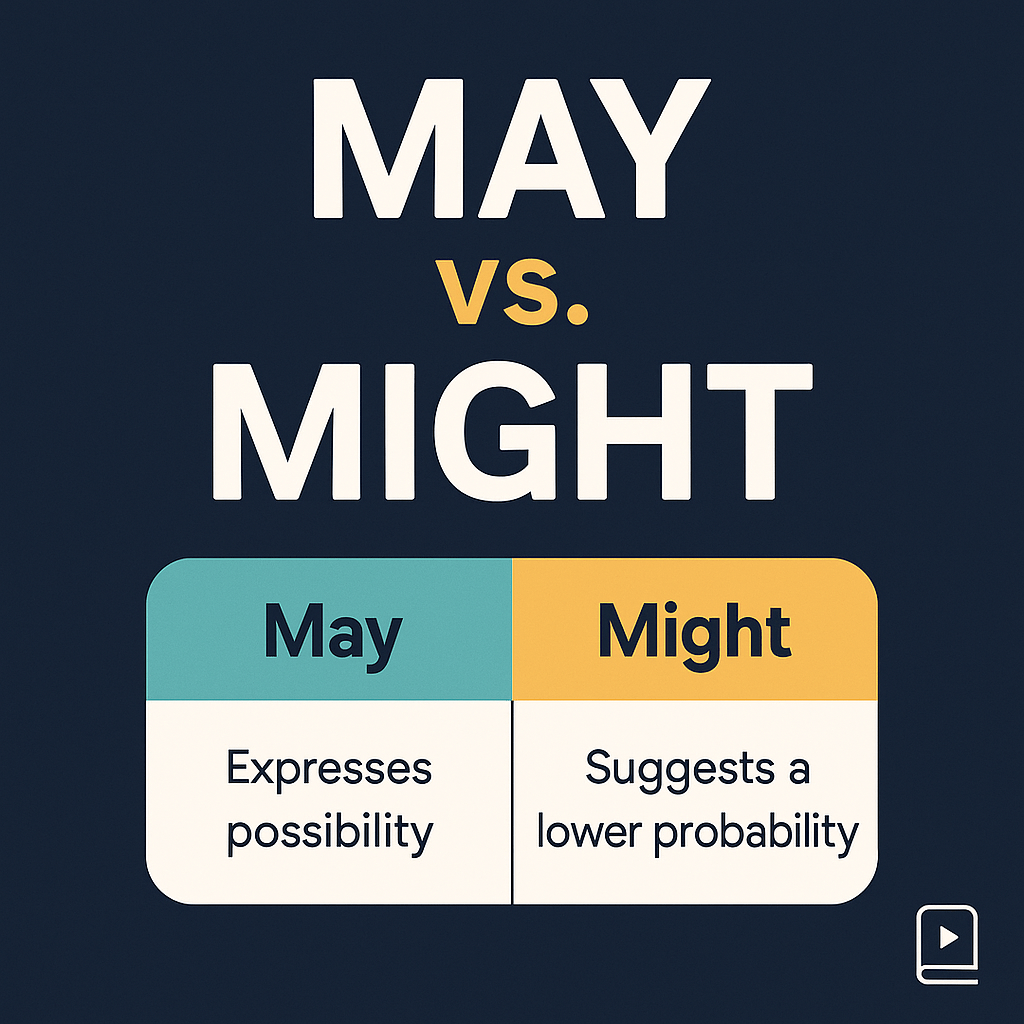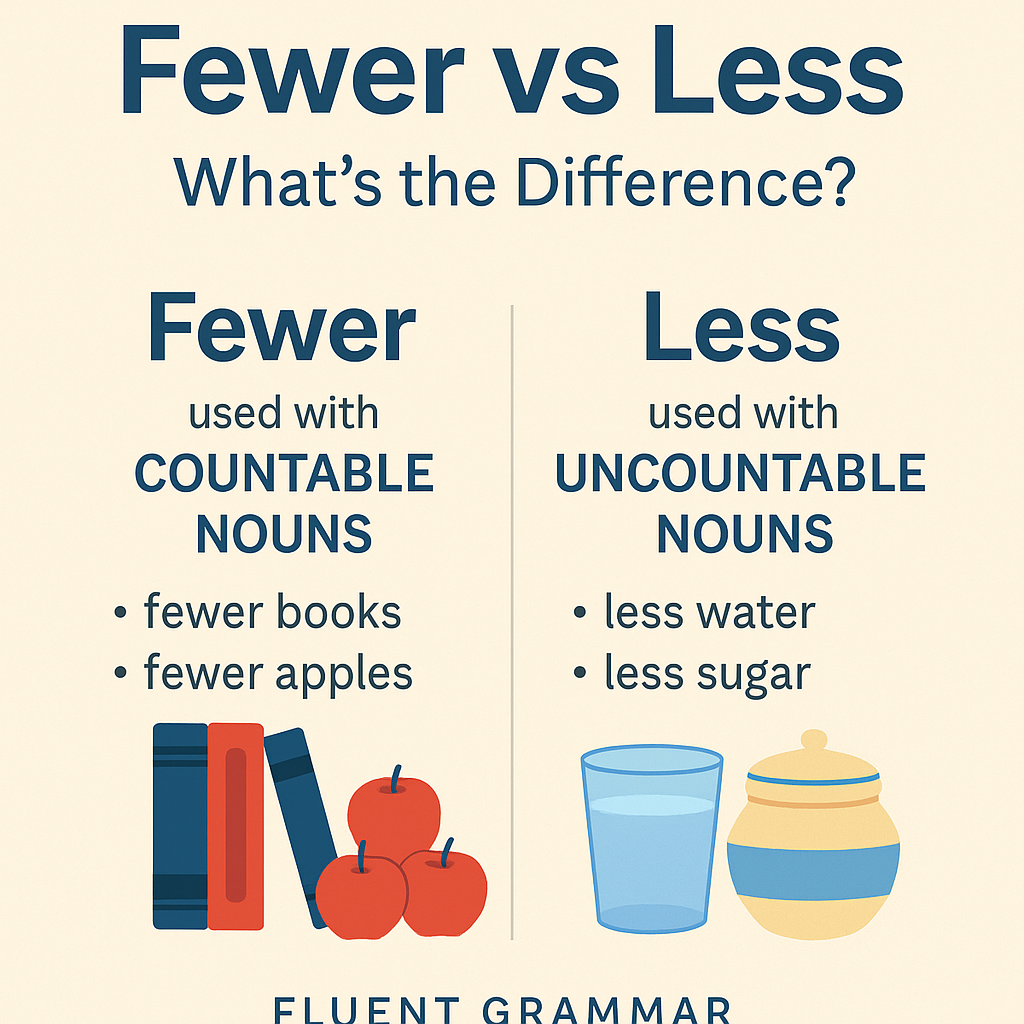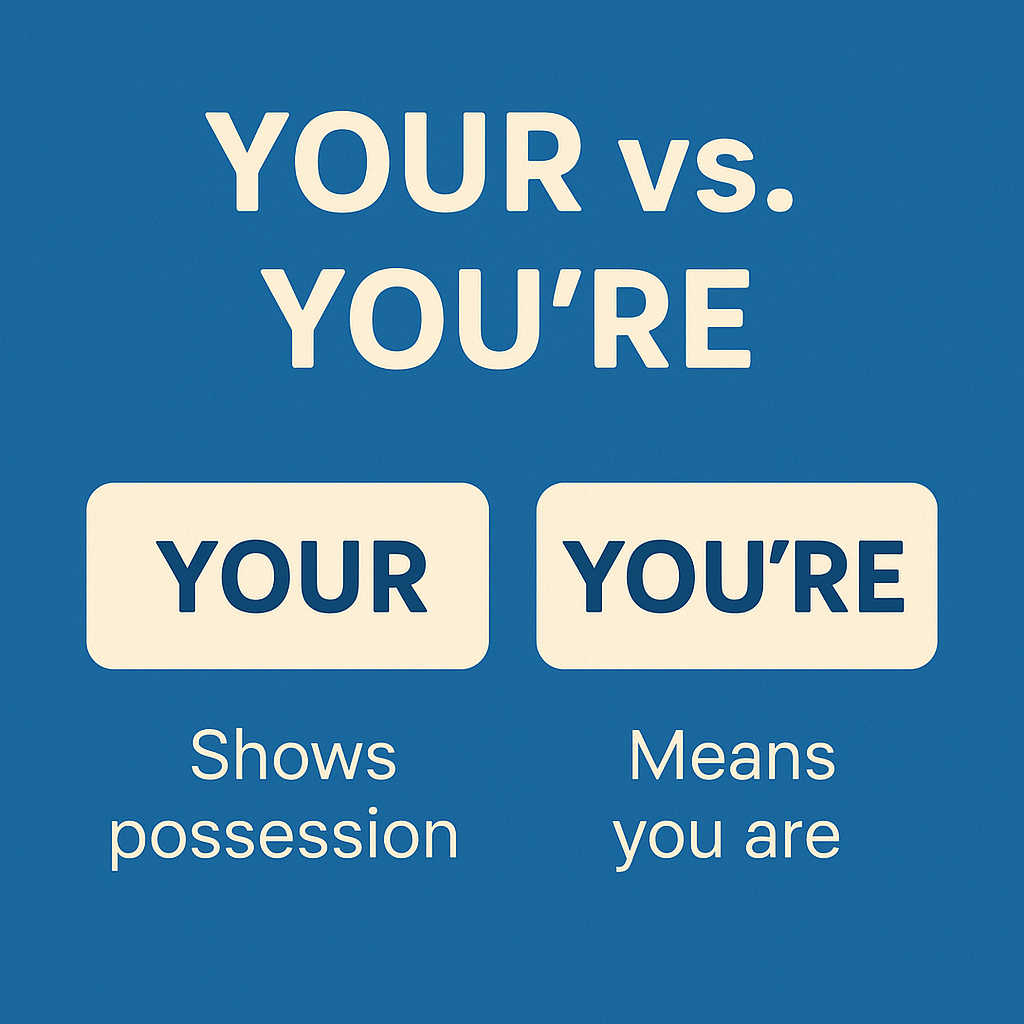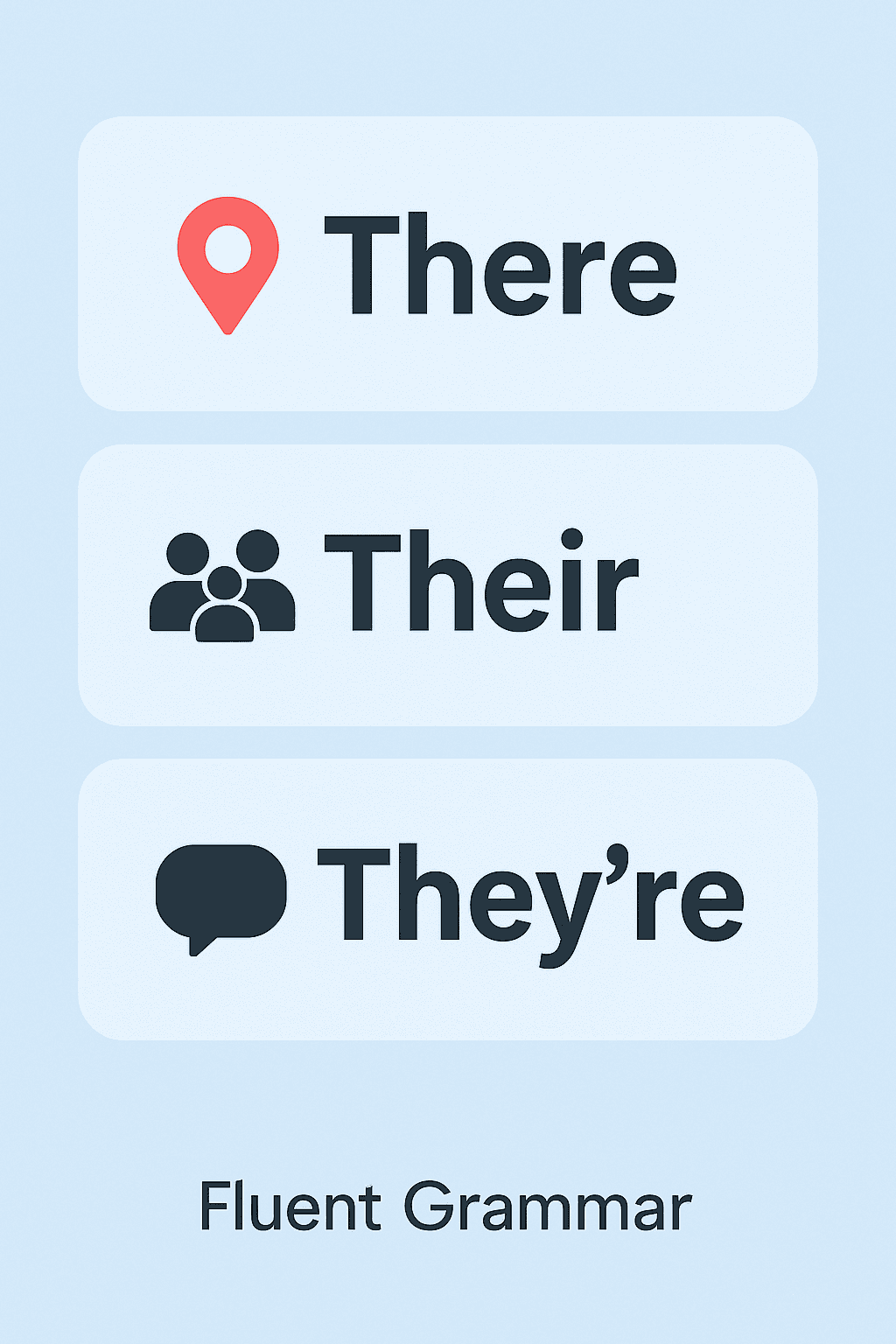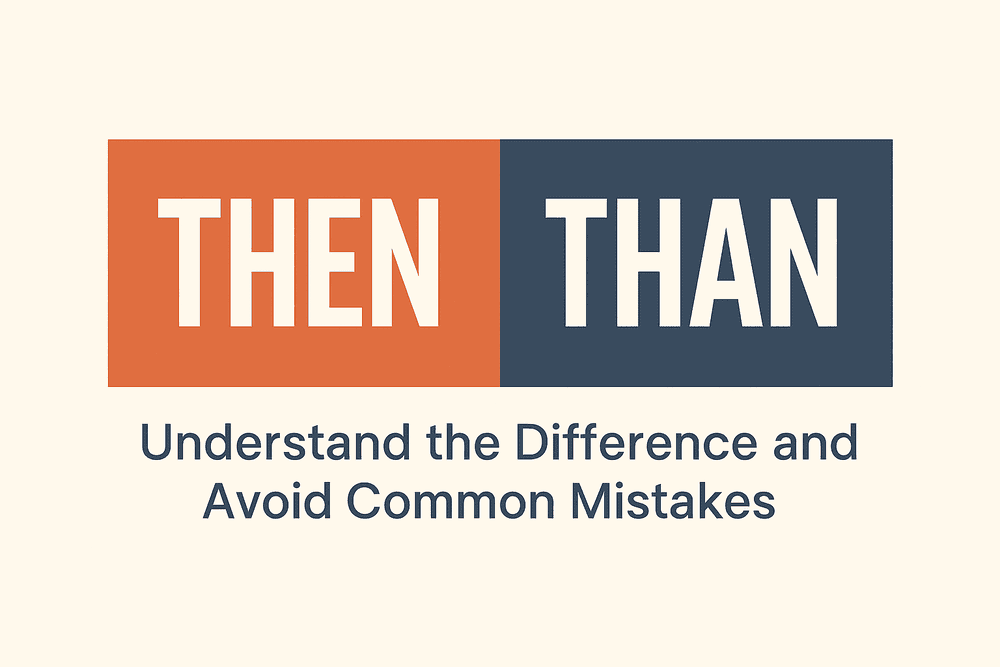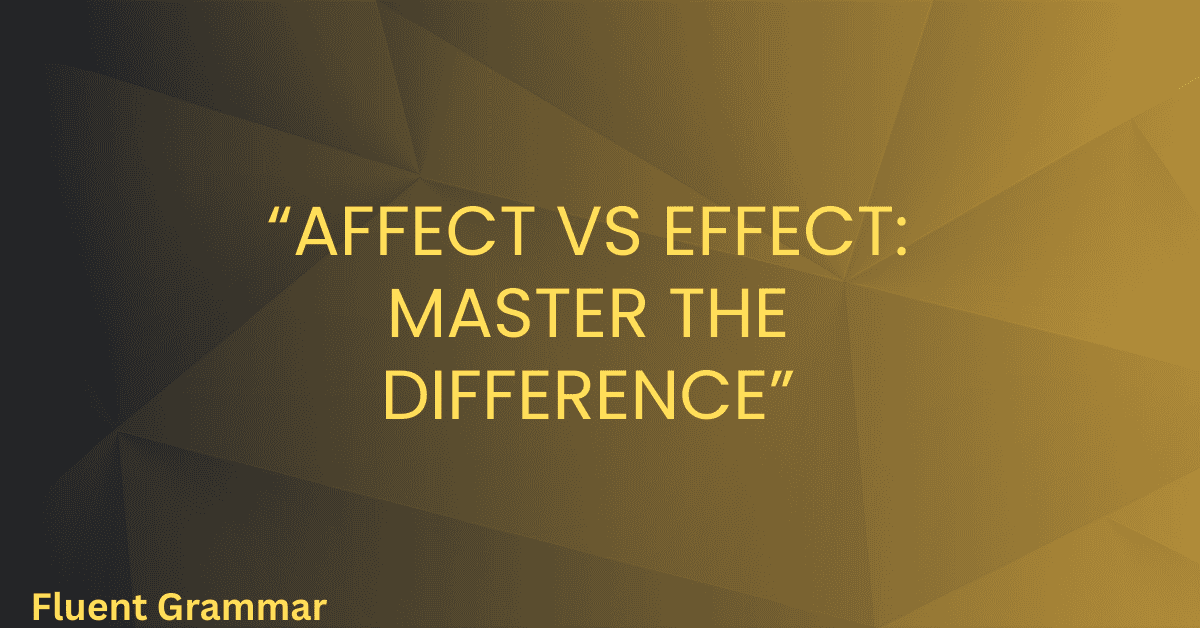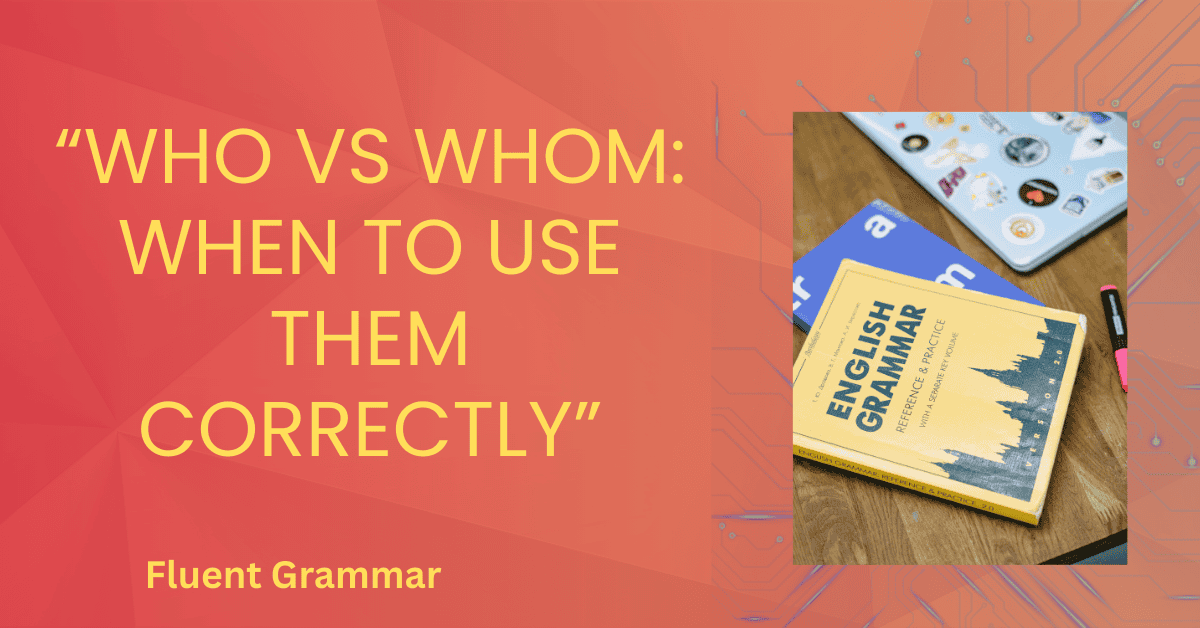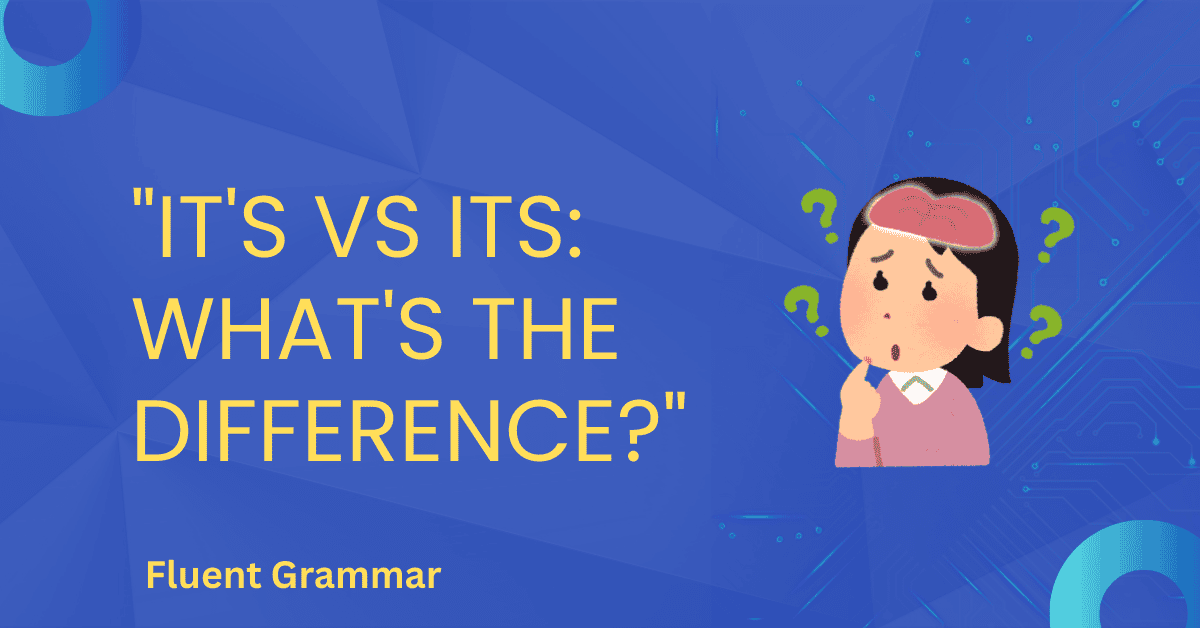May vs Might: Understanding the Subtle Difference
English can be a tricky language, especially when it comes to words that seem almost interchangeable. One such confusing pair is “may vs might.” While they both express possibility, there’s a subtle difference in how and when to use them. Let’s break it down in a way that’s clear, simple, and practical—so you never second-guess … Read more

